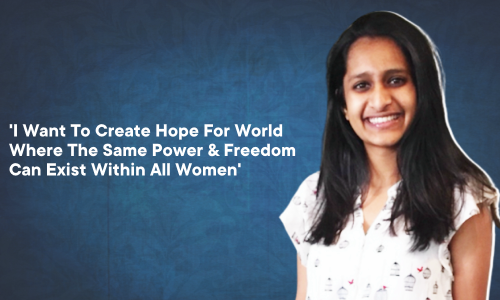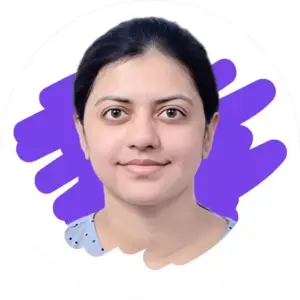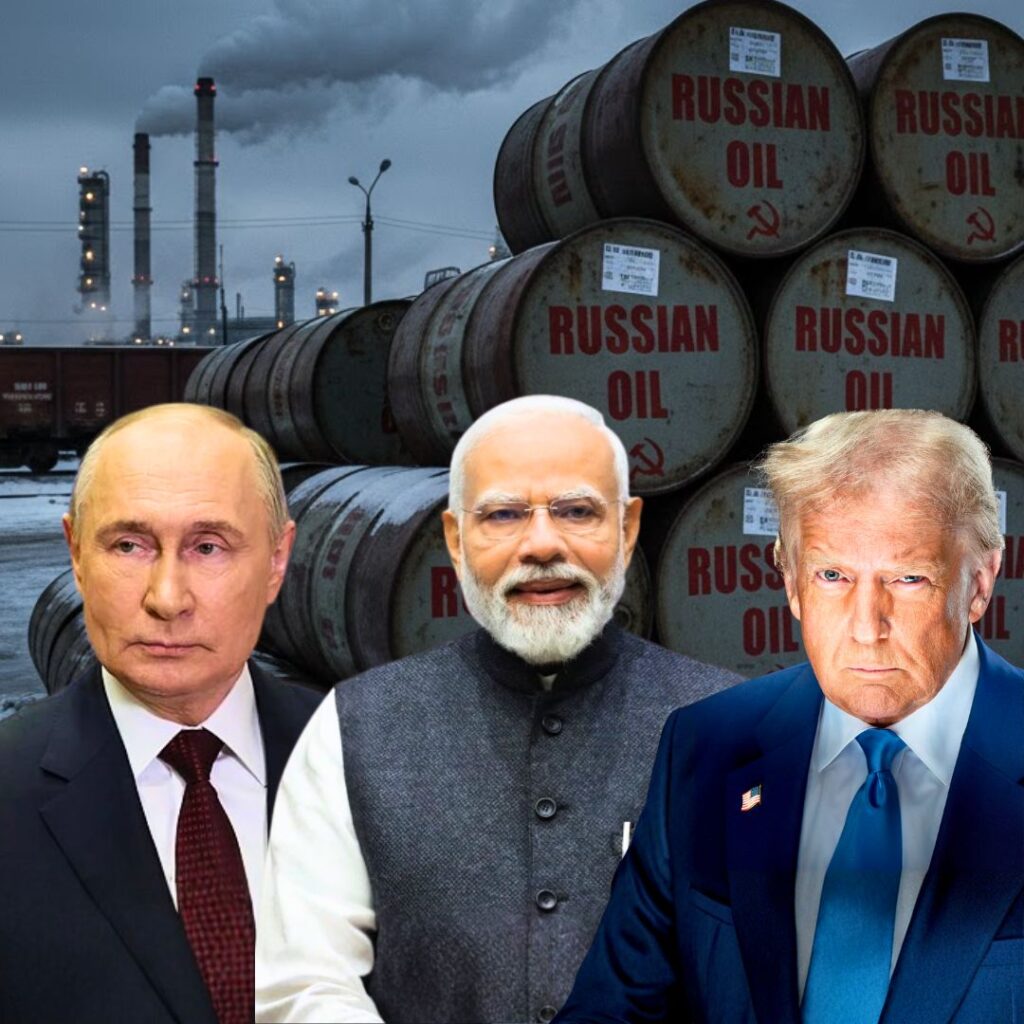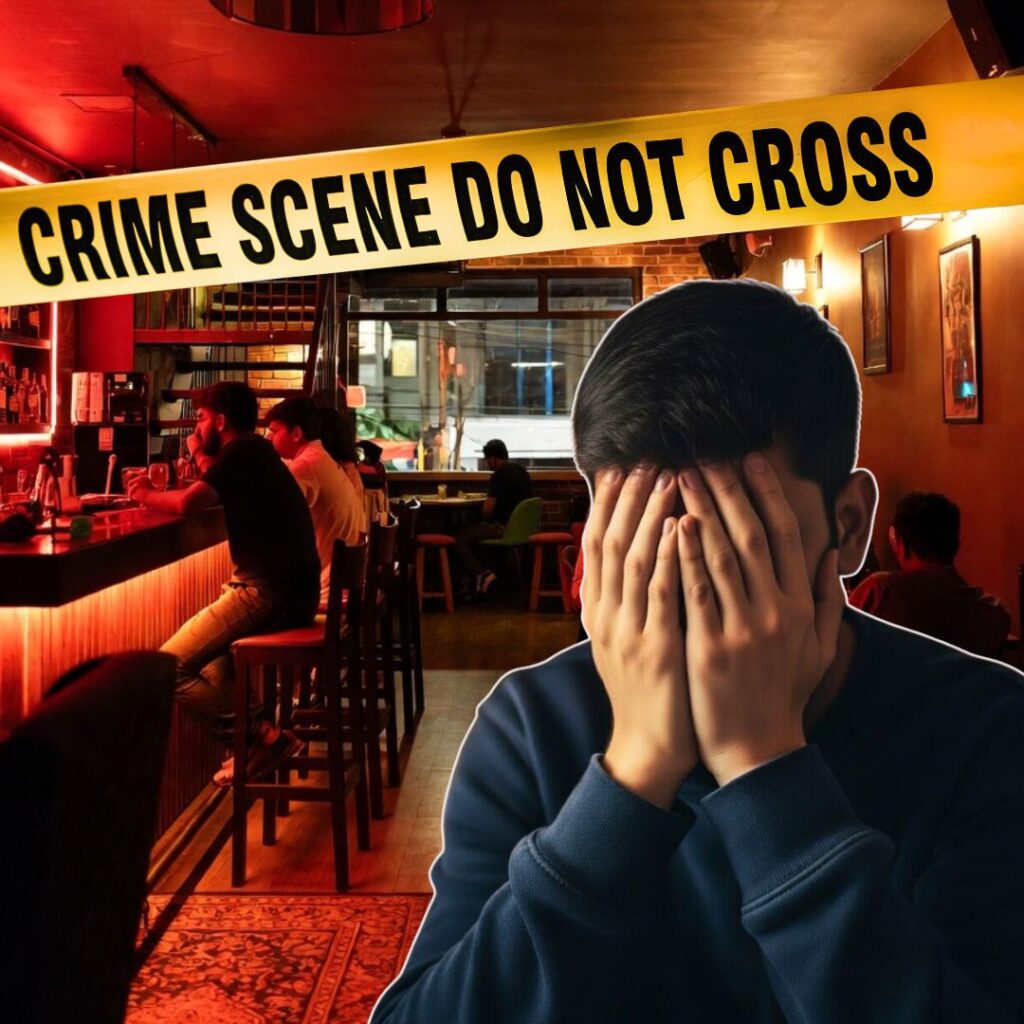During my first year of law college, I was part of a project that raised awareness on issues like forced marriages, honour killing and female genital cutting.
I hadn’t heard about FGC until then. I was shocked to know how a girl’s genitals are mutilated just because people believe that it preserves a girl’s virginity. This apparently ‘purifies’ the girl– I was shocked and appalled.
But what appalled me more was the fact that most people were unaware about this– the common response from my friends and family was, “What does that mean?” FGC is prevalent in 92 countries, including India and the stats are alarming– globally, every 11 seconds, a girl is forced to undergo genital cutting.
Female Genital Mutilation is the total or partial removal of female genital organs for non-medical reasons. It is a violation of human rights, discrimination against women, and a form of gender-based violence.
I wanted to raise awareness– I spoke to my father about starting a global youth-led organisation to do this. He said, “Be the change you wish to see!”
With his words, I founded ‘Scarlet Udaan’ and got on board eight other students from across the globe to work towards ending FGC.
Scarlet Udaan is a global youth-led organisation, aimed at raising awareness on Female Genital Mutilation. It is estimated by the World Health Organisation that 200 million females around the world have undergone FGM.
The name Scarlet Udaan comes from the word ‘Scarlet’- a brilliant red colour which signifies the strength in one’s womanhood; and the word ‘Udaan’- is a Hindi word which means ‘to soar’ or ‘to fly’.
It symbolises freedom and the limitless possibilities that exist for an individual. I imbibed the spirit of our name and hope for a world where the same power and freedom can exist within all women.
I started collaborating with human rights activists to create webinars and podcasts. We also started a storytelling platform to share survivor stories– after word spread, survivors reached out to us directly.
I broke down while speaking to an FGM survivor from Nigeria– she’d undergone a very severe form of FGM when she as young as seven and spent most of her childhood in the hospital. She menstruates for more than 14 days a month, has terrible stomach pain, and can never become a mother. “I really wanted to have kids,” she said and burst into tears. After our conversation, she said, “Young women like you will change the world.”
I can’t imagine the pain these girls have gone through. Another survivor told me that it was common for the women in her family to undergo FGM– in fact, it was her aunt who mutilated her genitals. I was repulsed when she told me that after it was done, her family celebrated and ate cake– all the while, she was bleeding and in terrible pain.
In the last three months, we’ve been able to reach out to over 50,000 people via social media. In our training sessions, we try to normalise conversations about FGM amongst the youth– we’ve even directed a few survivors to therapists. The only challenge so far is to get men interested in this conversation– when I say ‘Female genitals’, they shy away.
Once a man said, “But this is about women, how can I help?” even others who passively support us are reluctant to opine.
The practice is so deep-rooted that it will take years to have an actual impact. The international community wants to eradicate FGM by 2030– but for that to happen, we need to talk about it, we need to spread awareness. And we need to do this for every little girl who’s at the risk.”
If you too have an inspiring story to tell the world, send us your story at
mystory@thelogicalindian.com












